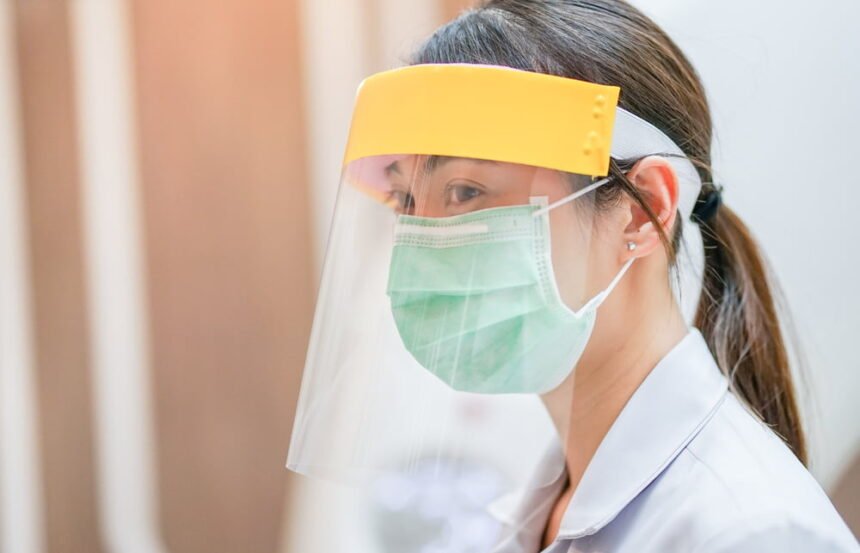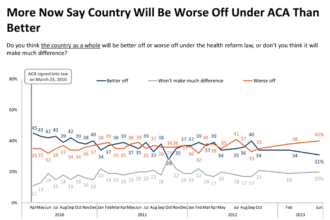The COVID-19 pandemic has made everybody more alert about the risks of infection. Healthcare workers, in particular, need to be careful about minimizing exposure.
When caring for other people, some of whom may be unwell, and where there is a risk of infection, it is essential to protect yourself. The best way for nurses and care home workers to avoid getting infected is by using personal protective equipment (PPE) when interacting with their clients and residents. But which PPE is required and mandatory for home care workers? That depends on the situation, but here is the most essential PPE.
Gloves
Gloves remain the most important PPE for home care workers and nurses. They should wear gloves in all circumstances where they interact with their residents or clients. In these situations, the two main types of gloves are vinyl and Nitrile gloves. Vinyl gloves provide adequate protection in most circumstances and need to be worn for short periods.
Nitrile gloves provide more protection against more severe risk factors and are better suited if a worker wears gloves for long periods. However, the effective use of gloves as PPE should always be accompanied by strict hand hygiene before wearing them, after removing them, and a tear in one of the gloves.
Gowns
Gowns are worn if there is potential for exposure. This could be in areas where there is blood and other bodily fluids or if the worker has to interact with skin that is not intact. Additionally, gowns are to be worn where there is potential for touching or interacting with contaminated equipment or surfaces.
Gowns must be changed before interacting with other residents and ideally left in the room to be collected later or put in a bug to avoid contaminating outside surfaces. In-home care settings where nurses and other workers care for many patients may have to go through lots of gowns, which is why it is a good idea to consider reusable gowns. These reusable healthcare products are made of durable materials, provide all the protection the nurse or worker needs, and last for tens of washes. In addition, they offer a high level of protection when cleaned and sanitized before being worn again.
Eye Protection
Eye protection can either be goggles or a visor. Eye protection must be worn at all times when there’s a risk for splashes, squirts, or where bodily fluids can be aerosolized. Eye protection, usually a face shield, is also required during activities like assisting with toileting, showering, bathing, wound care, and any other activities where there is a risk of splashes.
Face Masks
Facemasks are just as ubiquitous as gloves, if not more. They protect against airborne pathogens, including bacteria and viruses. Face masks should be worn at all times when visiting any residents showing any symptoms of illness. In the middle of the current pandemic, face masks must be worn at all times when visiting or caring for residents in-home care facilities.
Some PPE such as gloves and face shields are meant to protect the worker. However, some like the facemask to protect the worker and the resident, patient, or client. All home care workers must don the right PPE depending on specific circumstances to reduce the risk of infection.
You should read this post to learn more about the right face masks. You can’t afford to use the wrong one.









